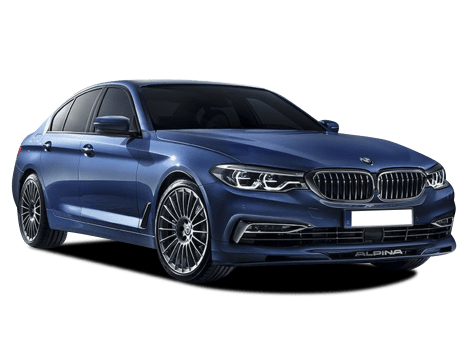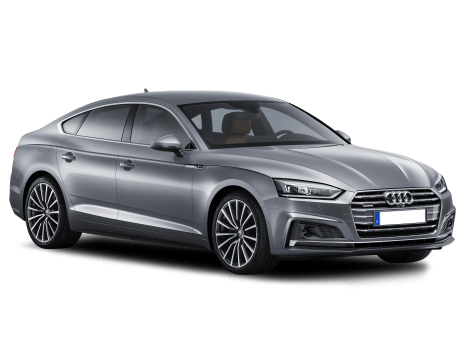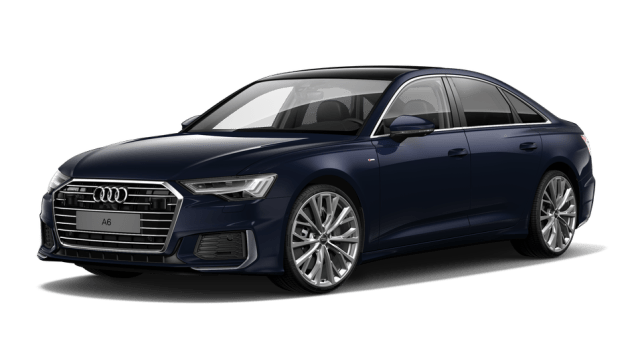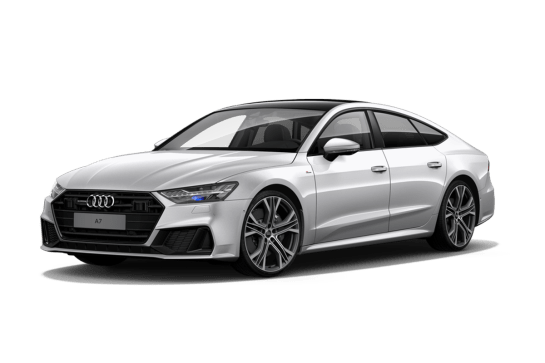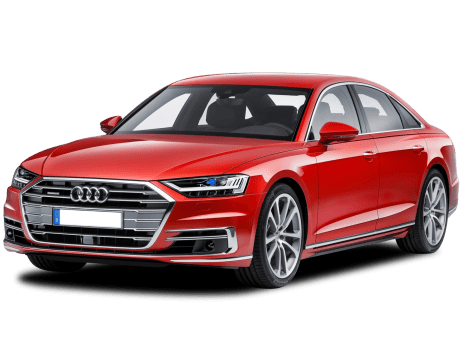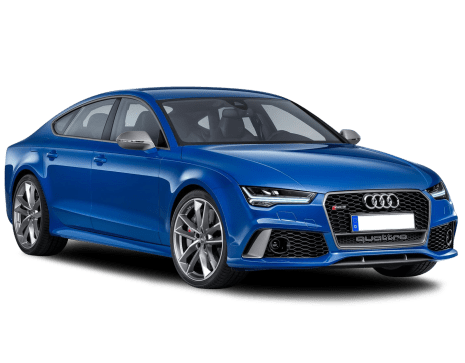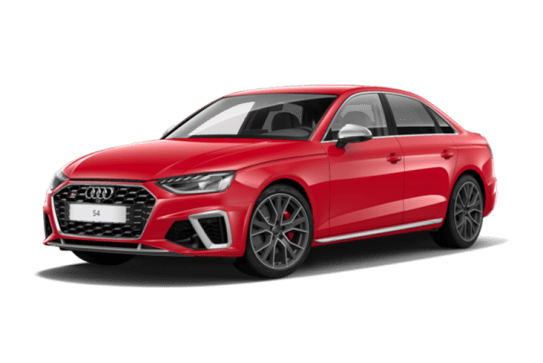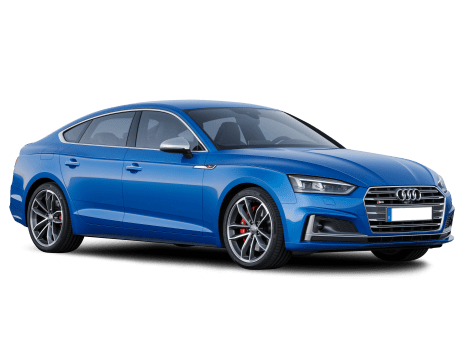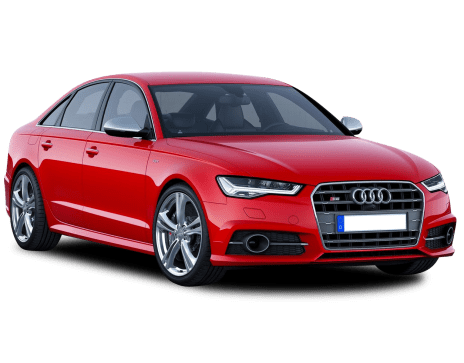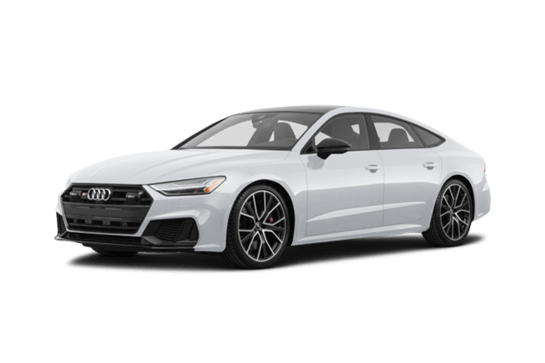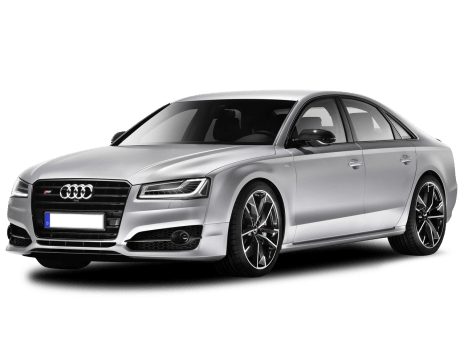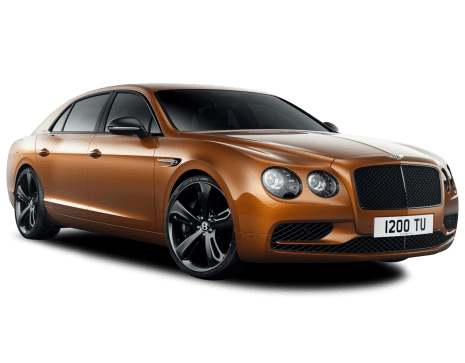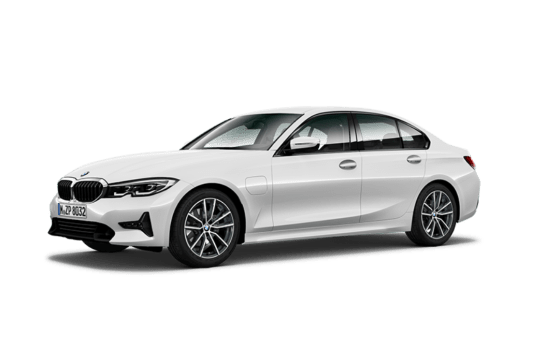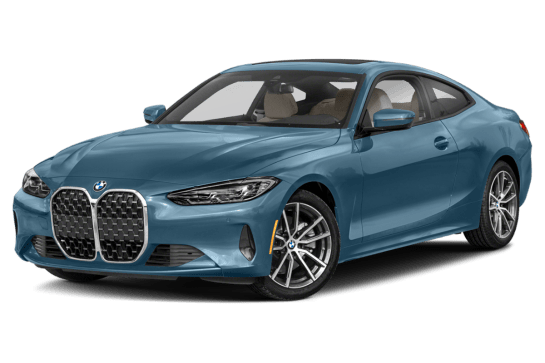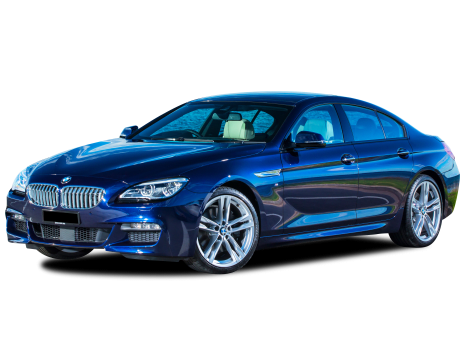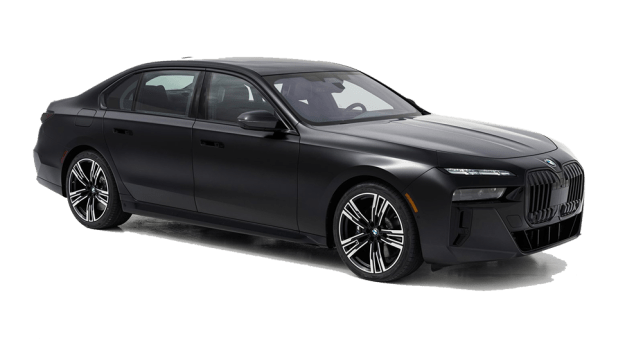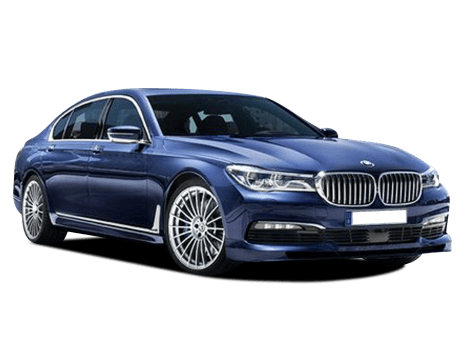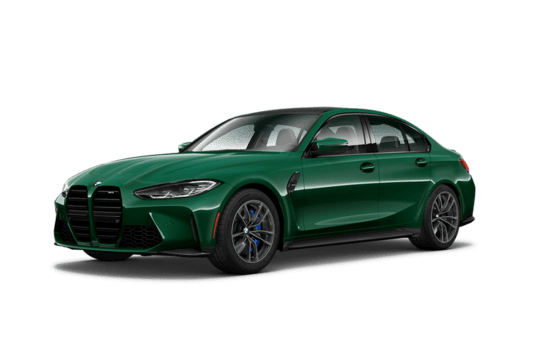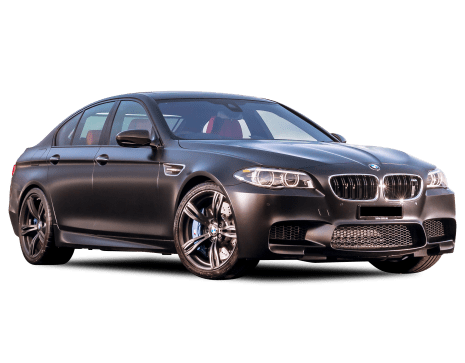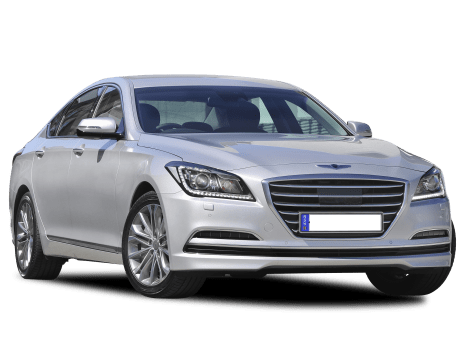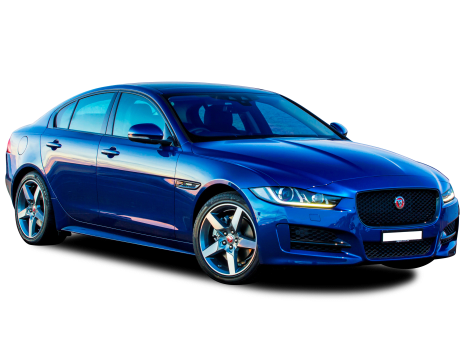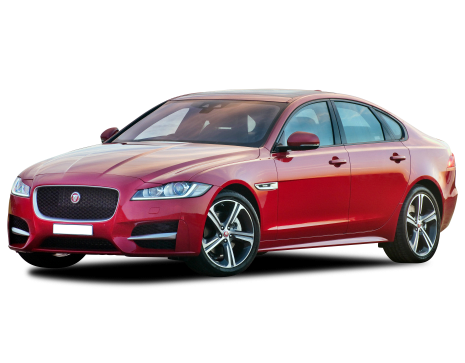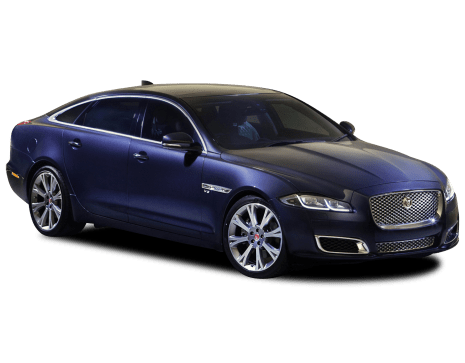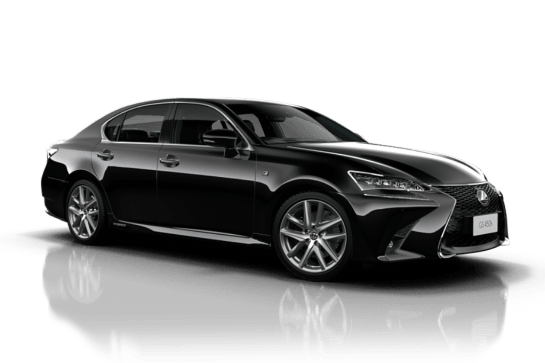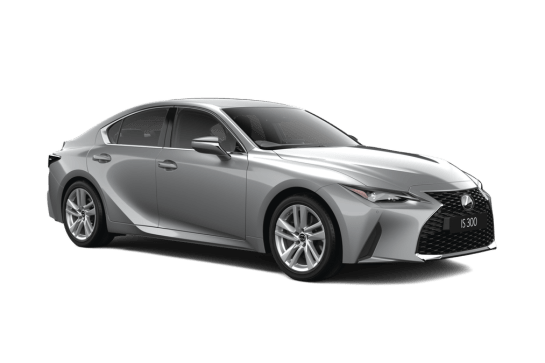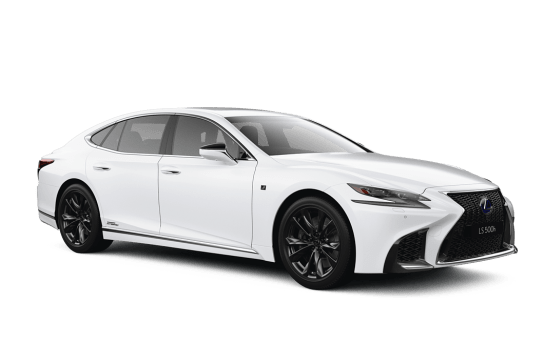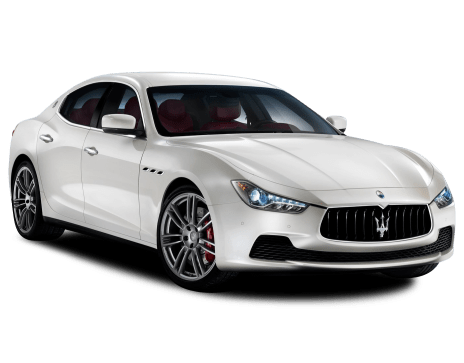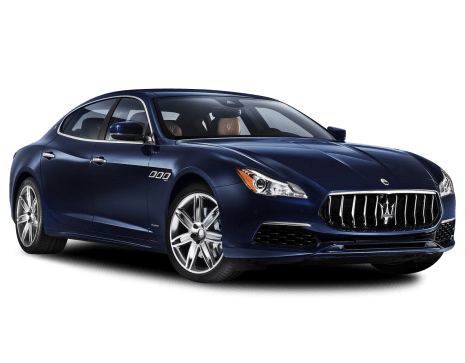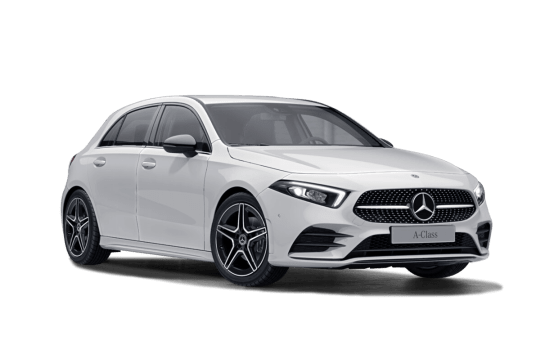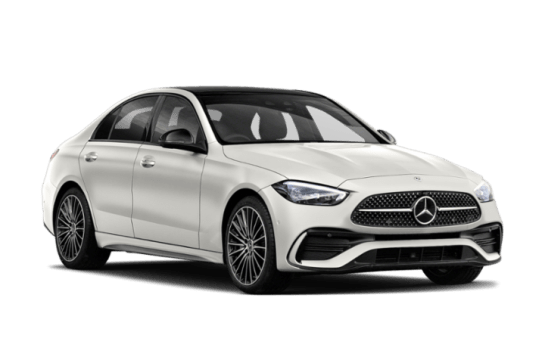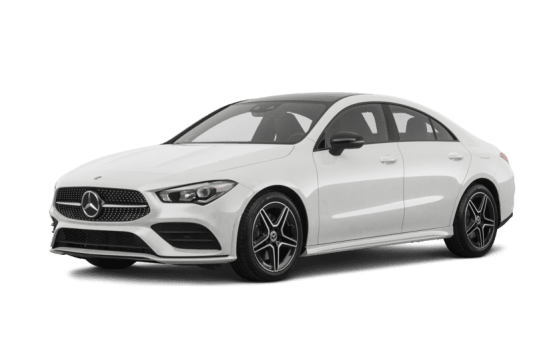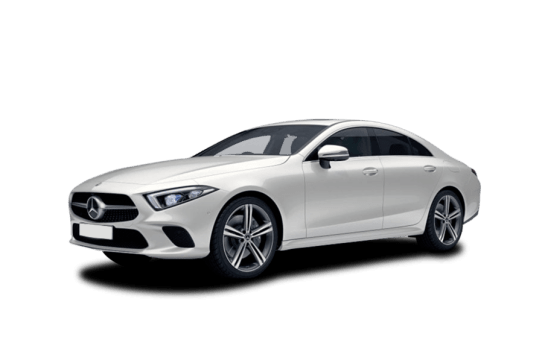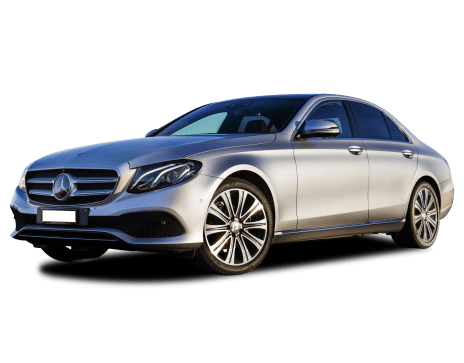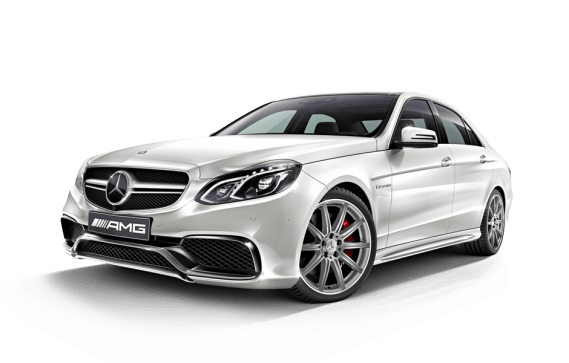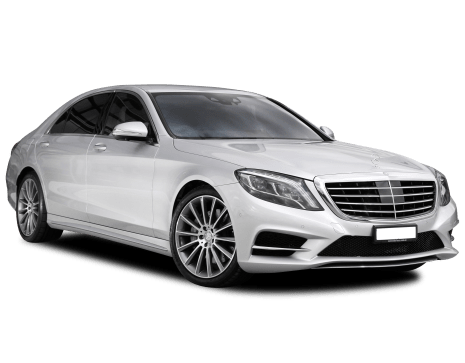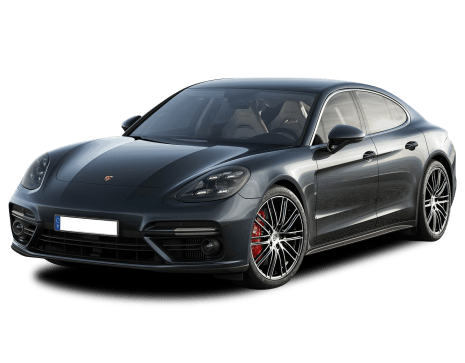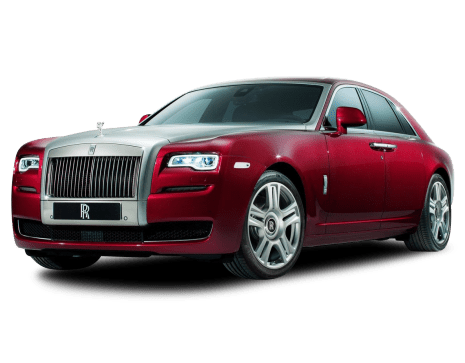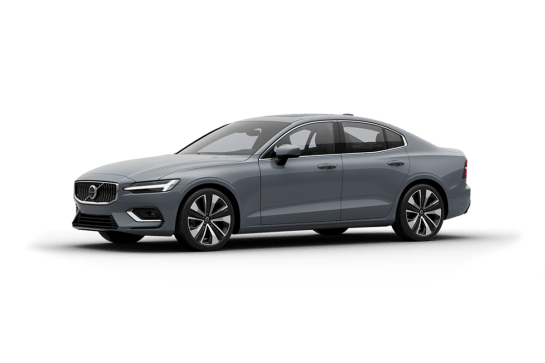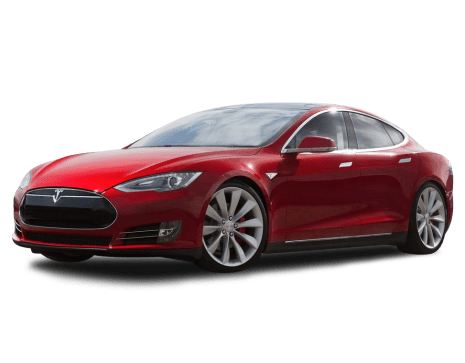
Tesla Model S VS Maserati Ghibli
Tesla Model S
Likes
- Rocketship speed
- Clean interior design
- Ever-improving proposition
Dislikes
- Sadly, it's not a sports car
- It's a lot of money
- Lack of convenient charging
Maserati Ghibli
Likes
- Beautiful exterior design
- Beautiful interior feel
- Cinderella point in the range
Dislikes
- Seats lovely but a bit firm
- Confused sense of identity
- Expensive
Summary
Tesla Model S
If you have even a passing interest in the Tesla Model S, you'll have seen the endless internet videos where someone has lined up a Ferrari, Lamborghini, or another fast exotic car you could name, to race against it.
There's a long build-up, usually involving men who can't operate a baseball cap, a drag strip and idiotic words in the headline like "destroys" or "rips", or whatever. There's usually a bunch of honking bros with bad haircuts watching on, already planning their next viral video where they set a perfectly good mobile phone on fire.
It's facile and idiotic and doesn't give you any real clue as to the depth of whatever supercar it has "humiliated" or, just as importantly, the depth of the Model S and its spectacular engineering.
So, I won't be spending the next thousand words building up to the conclusion that the Model S P100D with Ludicrous Mode is up there with the world's fastest production cars from 0-100km/h, because I'll tell you now that it is, and it does it in a claimed 2.7 seconds.
Now that's out of the way, there's quite a bit more to the Model S than a "broken" Nissan GT-R owner weeping into their bento box.
| Safety rating | |
|---|---|
| Engine Type | — |
| Fuel Type | Electric |
| Fuel Efficiency | —L/100km |
| Seating | 5 seats |
Maserati Ghibli
Maseratis make a certain amount of sense to a certain kind of person. As the folks who run the brand in Australia will tell you, its buyers are the kind of people who’ve driven German premium vehicles, but find themselves wanting something more.
They are older, wiser and, most importantly, richer.
While it’s easy to see the high-end lure of Maserati’s Italian sex appeal styling and luxuriously appointed interiors, they’ve always struck me as cruisers rather than bruisers.
Again, they’re for the older, more generously padded buyer, which makes the Trofeo range something of an oddity. Maserati says its Trofeo badge - seen here on its mid-sized sedan, the Ghibli, which sits below the vast Quattroporte limousine (and side on to the other car in the range, the SUV Levante) - is all about the "Art of Fast".
Read More: Maserati Ghibli 2017 review
And it certainly is fast, with a whopping V8 driving the rear wheels. It’s also completely bonkers, a luxury car with the heart of a track-chomping monster.
Which is why Maserati chose to launch it at the Sydney Motorsport Park complex, where we could see just how quick and crazy it is.
The big question is, why? And perhaps who, because it’s hard to imagine who wants, or needs, a car with such severe schizophrenia.
| Safety rating | |
|---|---|
| Engine Type | 3.8L |
| Fuel Type | Premium Unleaded Petrol |
| Fuel Efficiency | 12.3L/100km |
| Seating | 5 seats |
Verdict
Tesla Model S8.3/10
I spoke to a friend who bought a Model S before one had even hit the ground here in Australia. He chuckled when I told him how much this car cost but then said something I'd already suspected. "My mates who own a P100D would never drop that kind of money on a normal car. Buying a Tesla is like buying shares in the company, you're buying into the future."
And that's kind of the point. A $300,000 Audi RS7 (fully-loaded, obviously) is a bit slower in a straight line, looks just as good, is extremely well-built and emits noises that make people like me go as weak at the knees (just as the Model S' acceleration does). And would probably win a 10 lap race with the Tesla around Mount Panorama.
The Tesla is the future of cars. It may still be decades before the internal combustion engine is gone, but Tesla buyers are getting the jump, and today the Model S is the best car in which to make that leap.
Does the Tesla have the spark you need or do old-fashioned hydrocarbons still light your fire?
Maserati Ghibli7.8/10
The Maserati Trofeo Ghibli is a very strange beast, but there's no doubt that it is a beast. Fast, loud and capable on a race track, and yet still closely resembling a classy, expensive Italian family sedan, it is genuinely unique. And genuinely strange, in a good way.
Design
Tesla Model S
The Model S is definitely the looker of the three Tesla models on sale (the Model 3 might be some way from release, but you can reserve one and it's... weird-looking). With a slinky, Jaguar XF/Audi A7 roofline and low-slung stance, it looks the business. Like the X, the detailing of the car's surfacing and panel gaps aren't where other $200,000+ cars are, but it has improved a lot over the last couple of years.
The styling is quite sparse, really. Teslas look like computer renders in real life, especially in white, with little in the way of jewellery or detailed design elements. And that's probably the idea. It's a cleaner design than when first launched, with a simpler, flatter snout that brings out the headlights better.
The cabin has improved even more than the exterior. It's still the same minimalist design, but it fits together much more tightly than it used to. The 17.0-inch portrait screen is still there in its central but skewed-to-the-driver position and is now up to version 8. It's an impressive interface, covering off the vast majority of functions in the car, and is mostly easy to use. The responsiveness is key to its usability. If it was underpowered, you'd quickly start demanding real buttons.
Maserati Ghibli9/10
The Ghibli Trofeo is an alluringly beautiful car from just about every angle, with a genuine sense of occasion and presence about its nose, a sleek side profile and a much improved rear end, where the light clusters have been redesigned.
The Trofeo special touches are impossible to miss, particularly from the driver’s seat where you look straight into two vast nostrils on the bonnet. There are also carbon fibre pieces on the front air duct and the rear extractor for a sportier, wilder look.
The red details on the air vents on each side are the highlight, though, while the lightning bolt on the Maserati trident badge is another nice touch.
The interior is simply beyond special and feels even more expensive than it is. Overall, I’d say it again, it’’s alluring. Italian style at its best and the Ghibli is the Cinderella point in the range, because the Quattroporte big brother really is too large, and the Levante is an SUV.
Practicality
Tesla Model S
The Model S is a rare car in this class in that it has an almost completely flat floor, meaning rear seat passengers don't have to negotiate a transmission tunnel. The two motors run physically independently of each other so there's no crankshaft to get in the way.
The floor is thicker than a normal car, it's like a big skateboard underneath. That means your knees are up higher, which might cause numb bum on a long trip. The rear seats are comfortable enough, but middle seat occupants might feel like the outboard passengers are falling into them.
The view out isn't too bad given the rising window line, and if you've got the big two piece sunroof (without cover, irritatingly... ), it's quite airy out back. And hot (with the sunroof), but you do get rear air-con vents.
The boot is an eminently sensible 744 litres with the seats up and 1795 with the seats down, although the floor doesn't fold flat. While it's a big boot, it's relatively shallow so your suitcases go in on their sides. Up in the front boot (or froot) there's another 150 litres, so you can pack a lot in to the Model S. And with all that torque, when you do load it up, the extra kilos barely make a dent on the performance.
Maserati Ghibli8/10
From the driver’s seat, the Trofeo Ghibli feels spacious indeed, and while it’s not as vast in the back as a Quattroporte, there’s plenty of room for two adults, or even three small children.
The move to throw sportiness at the Ghibli has led to it having firm but fabulous seats. They’re comfortable, and the leather is luscious, but the actual seat back is constantly letting your spine know that this is no ordinary Ghibli.
Throw it around a track, though, and the seats feel just right, providing the kind of support you need.
Boot space is ample at 500 litres and the Ghibli feels like the sort of car you could take your family in, if only it didn’t make you feel like you were spoiling your children too much.
Price and features
Tesla Model S
Tesla is basically a technology company - well, a battery company - that makes cars, so the features and options reflect that. It's a gadget-laden five-door hatch powered exclusively by electricity and seemingly full of things that will drain the batteries quickly.
If you view the car's price purely through its standard features list and the cost of options, you're missing the point. If it had a 3.0-litre turbo six, there's no way you'd pay this kind of money for the Model S. But it doesn't have that, it has a bleeding edge battery pack and propulsion system.
The Model S can be had for as little as $118,652 for the 60 offering 400km range, rear-wheel drive, and 5.8s 0-100km/h (but move quickly, Tesla has just axed this model), or as much as this P100D which starts at $250,582.
Standard are a seven-speaker stereo, leather-like trim, 19-inch alloys, reversing camera, 17.0-inch touchscreen, keyless entry and start, forward collision warning, digital dashboard, electric front seats, sat nav, auto LED headlights, auto wipers, internet connectivity via included SIM card, power mirrors and windows and air suspension.
Our P100D came with 21-inch grey 'Turbine' wheels ($6800), panoramic roof ($2300) multi-coat pearl paint (white, $2300) and carbon-fibre interior trim bits for $1500, as well as a carbon lip spoiler for another $1500.
We also had the 11-speaker audio upgrade (with neodymium magnets, don't you know) for $3800 and the 'Subzero Weather Package' (seat heaters, heated steering wheel, wiper blade defrosters and washer nozzle heaters) and on-board high-power charger (speeds up charging with the 'Tesla Wall Connector', $2300).
There was also 'Enhanced Autopilot' ($7600) and 'Full Self-Driving Capability' ($4600). The former is meant for highway running, and comes with four cameras (up from one) and 12 ultrasonic sensors around the car, as well as upgraded processing power to run it all.
The full self-driving is meant for around town. The idea is you punch in a destination, or speak to the computer or passive-aggressively stay silent, which triggers the car to check your calendar and take you to the address in the appointment. Part of the extra cost of that is yet more cameras (up to eight), more sensors, and more number-crunching power.
We would love to tell you how all that worked, but being Tesla 'Hardware 2', it's not ready yet. While these features are being fleet-tested by 1000 cars in the US, your car will run it all in "shadow mode" for data and behaviour validation. One day you'll go to your car and a software update will be ready to download and install the functionality.
Unusually, you can retrofit both of these features for about $1500 more (each) than if you order them up-front. That's very cool and Tesla is probably the only car company in the world that will let you do it.
The 17.0-inch screen's software is regularly updated, like a mobile phone's. Also like a mobile is the sometimes less successful update, in this case the slightly bewildering and difficult-to-use music interface that is very keen for you to make a selection with voice commands, but not ones that go through your phone.
A 'Premium Upgrades' package adds the overkill of a 'Bioweapon Defense (sic) Mode' that knocks out 99.97 per cent of exhaust particulates and other contaminants, using two activated carbon air filters for other nasties like NO2 and hydrocarbon exhaust fumes.
LED turning lights and fog lights, real leather on the armrests, steering wheel and lower dashboard (if you also have leather seating), nappa leather and Alcantara on the dashboard, soft LED interior lighting, power tailgate and backlit door handles for $5300. Thankfully, the silly self-opening front doors in the Model X's pack aren't in this little lot.
Grand total? $297,792. On the road in, say, NSW... $313,013. Youch.
Maserati Ghibli7/10
At a price of $265,000, the idea of “value” becomes a different discussion, but you only need to glance at the Ghibli to realise that it looks like four times that much money.
The interior is also spectacularly boudoir-like, with lashings of carbon fibre and a whole cattle stud worth of full-grain Pieno Fiore natural leather, “the best the world has ever seen”, as Maserati likes to say.
Perhaps most vitally, this Trofeo racy edition gets a Ferrari engine; a 3.8-litre twin-turbo V8 good for 433kW and 730Nm (the first time it’s been seen in the Ghibli), driving the rear wheels only through a limited-slip differential and an eight-speed torque converter automatic gearbox. You also get very nice, expensive feeling paddles to shift those gears with.
Speaking of nice, the 21-inch aluminium Orione wheels are dead classy, if reminiscent of Alfa Romeo cars.
Ghibli Trofeo models come with a Corsa, or Race, button for hard-core sporty driving, and a Launch Control function.
There’s also an MIA (Maserati Intelligent Assistant), featuring a rather large 10.1-inch multimedia screen with upgraded resolution.
The Active Driving Assist “assisted driving function”, which has been seen in Ghibli before, can now be activated on urban roads and ordinary highways.
Under the bonnet
Tesla Model S
The P100D ships with two electric motors fed by a huge battery pack which triples as the bulk of the chassis and a super-strong crash structure. It's also shared with the Model X SUV.
Combined power output is 568kW with more of it out the back rather than up front. Torque is quoted at 1000Nm, but it's likely more than that. Claimed 0-100km/h time is a mildly unbelievable 2.7 seconds, with a further two-tenths to be shaved off when you press and hold Ludicrous Mode and accept a warning that you'll wear the car out faster if you use it.
With 'Ludicrous Mode' comes not just software but a higher capacity fuse that allows more power to be drawn from the batteries for longer to provide the searing acceleration.
Maserati Ghibli9/10
This will be the last time Maserati gets to enjoy a proper Ferrari engine - a 3.8-litre twin-turbo V8 good for 433kW and 730Nm - before it moves to a more electrified future, but it’s certainly going out with a lot of loud bangs.
Deafeningly lovely, the V8, which drives the rear wheels, will shove you to a shouty 100km/h in 4.3 seconds (fast, but not stupidly so, although it feels even quicker) on your way to a very Italian top speed of 326km/h.
We can report that it exceeds 200km/h with consummate ease and has epic amounts of torque on tap.
Efficiency
Tesla Model S
Zippo. Obviously with the new rules for Tesla Superchargers, it's not as cheap to own and run a Tesla as it was before (from January 2017, all new orders don't get free juice after the first 400kWh), but if you charge it at home (and can get away with it), it'll probably be cheaper than using Tesla's chargers. If you look, there's a company offering $1 per day charging for electric cars.
If I'd charged the car to 100 percent rather than the 80 percent recommended by Tesla for most charges (past that mark, the charge rate drops and the software has to slow to a trickle, doling out the electrons to the different cells), I would have managed just over 400km on the charge.
Maserati Ghibli7/10
Maserati claims a slightly inexact fuel-economy figure of 12.3 to 12.6 litres per 100km, but good luck ever achieving it. The desire to open the taps and really chew some fuel will aways be overwhelming.
We drove it on a race track and would easily have been exceeding 20 litres per 100km, so our test figure is probably best not spoken about.
Driving
Tesla Model S
The first time I drove a Model S, I enjoyed the acceleration and the silence of the electric motor (this was back in the Dark Ages when even the P90 only had one motor). And that has remained, with the air suspension providing a firm but comfortable ride despite the P100D's 21-inch rims and very low profile tyres. Electric motoring in any electric car is addictive.
Much progress has been made (yes, I'm getting to the acceleration, stay with me) in the way it drives. The earlier cars felt too computer gamey, with little feel through the wheel or the seat of your pants. The steering is better, especially in Sport mode, but not a lot gets through the air suspension, so it takes a while to build confidence in the chassis.
On the freeway (look, you can read ahead if you must) it's amazingly quiet, with just a bit of a rustling around the mirrors. Well, of course it's quiet, it's electric. For chassis and NVH (noise, vibration and harshness) squashers, not having the marvellous engine noise means much harder work to dull the other noises you just don't hear when there's an internal combustion engine.
And there's the acceleration. As the driver, you obviously know it's quick. Mash the throttle and the response is instant, the horizon closing in on you like you're attached by a very stretched and immensely strong bungee strap that's just been released. The way cars disappear in your rear vision mirror is hilarious.
It's more fun as a passenger, though. The Model X elicited whooping and laughing, but the P100D's extra 0.6s-worth of acceleration over the P90D, delivered with a truckload more G-force, equals silence. One woman said she was glad I'd caught her before dinner rather than after, before bursting forth with a range of expletives. One passenger became quite emotional, almost crying. And not just because they were stuck in a car with me.
Maserati Ghibli8/10
We were fortunate enough to drive all three Trofeo models - Ghibli, Levante and Quattroporte - on the track at Sydney Motorsport Park, which really is the only way to fully appreciate vehicles with Ferrari V8 engines, 433kW and rear-wheel drive.
Maserati is keen to point out that other premium brands don’t offer that kind of grunt in their rear-drive cars, indeed most of them are going all-wheel drive, and that level of playfulness is a real USP, it believes.
The thing is, the company also acknowledges that its buyers are older, wiser and wealthier types moving up from the German brands.
The Trofeo range, in particular, then, is a real niche within a niche. I picture Maserati buyers as being slightly sedate yet stylish. Fans of the nicer things in life, but not flashy, or thrashy, about the cars they drive.
And yet, unlike other Maseratis, the Trofeos are flame-spitting beasts that sound like Game of Thrones dragons. Clearly there are people who like their classy Italian saloons to be insanely fast and track ready. And hooray for them, because as weird as it seems to flog a car like this so hard, the Trofeo Ghibli was well and truly up for it.
It’s also the pick of the litter, being less SUV like than the SUV Levante, and less stupidly long and heavy than the Quattroporte.
Its shorter wheelbase and lighter weight make it the most fun and light on its feet when being thrown around. We hit an easy 235km/h on the front straight before hurling into Turn One well north of 160km/h, and the Ghibli just held on tight before using its torque to hurl it at the next bend.
It sounds, as I’ve said, amazing, but it’s worth saying again because it’s a real Maserati (or Ferrari, really) advantage of choosing this car.
The brakes are also up to the task of repeated track-hard stops, the steering is lighter and less talkative than a Ferrari perhaps, but still excellent, and the whole Trofeo Ghibli experience is best described, on circuit, as being better than you would possibly imagine.
Out on the road, you don’t have to put up with the firm ride that pressing the Corsa button compels, and the Ghibli reverts to its smooth, cruiser persona - while still looking sporty as hell.
The only letdown is the seats, which are a little on the firm side, but everything else about the cabin is so luxe you almost forgive it.
While this car makes no sense to me, it obviously excites enough people for Maserati to make a business case, and charge $265,000 for the Trofeo Ghibli. Good luck to them, I say.
Safety
Tesla Model S
The Model S comes with six airbags, ABS, stability and traction controls, three ISOFIX points, rollover sensors, emergency power disconnect. Additionally, when the software arrives, you'll have full AEB (ours was limited), self-driving and an ultra-clever active cruise that'll change lanes and overtake if the car you're following falls below your set speed.
The Model S scored five ANCAP stars, the maximum available, in April 2015 via the sharing arrangement with EuroNCAP.
Maserati Ghibli8/10
There is no ANCAP rating for the Ghibli as it has not been tested here.
The Trofeo Ghibli comes with six airbags, Blind Spot Detection, Forward Collision Warning Plus, Pedestrian Detection, Adaptive Cruise Control, Lane Keep Assist, Active Driver Assist and Traffic sign Recognition.
Ownership
Tesla Model S
Tesla offers a four-year/80,000km warranty with a parallel eight year/unlimited kilometre warranty for the battery and drive units. Roadside assist applies for the four year warranty period.
Tesla offers two maintenance plans, three and four years in length. The three year plan costs $2100 and the four year $3175. Paying for the services individually over the same period will cost $2300 and $3425 respectively. That includes a wheel alignment (if needed), but it isn't particularly cheap when compared with 'normal' luxury cars.
Your first 400kW/h of recharging is free using Tesla's supercharger network, so that would be four full charges from empty (which you wouldn't do, obviously), or about 1600km worth. After that, it's 35c per kWh or $35 for a full charge.
Maserati Ghibli6/10
Maserati offers a three-year, unlimited kilometre warranty, but you can choose to buy 12-month or two-year warranty extensions, and even a sixth or seventh-year drive-train warranty extension.
When much, much cheaper Japanese and Korean cars are offering seven and even 10-year warranties, this is so far off the pace that such a fast vehicle should be embarrassed. And if you're buying something Italian, a better, longer warranty would seem like a must. I'd be negotiating at sale for them to throw the longer warranty offer in.
Maserati says servicing for the Ghibli has a "ball park costing of $2700.00 for the first three years of ownership" with a service schedule of every 20,000km or 12 months (whichever occurs first)
Also, "please note that the above is indicative only of the manufacturers basic routine service maintenance schedule and does not include any consumable items such as tyres, brakes etc or additional dealership charges such as environmental levies etc."



